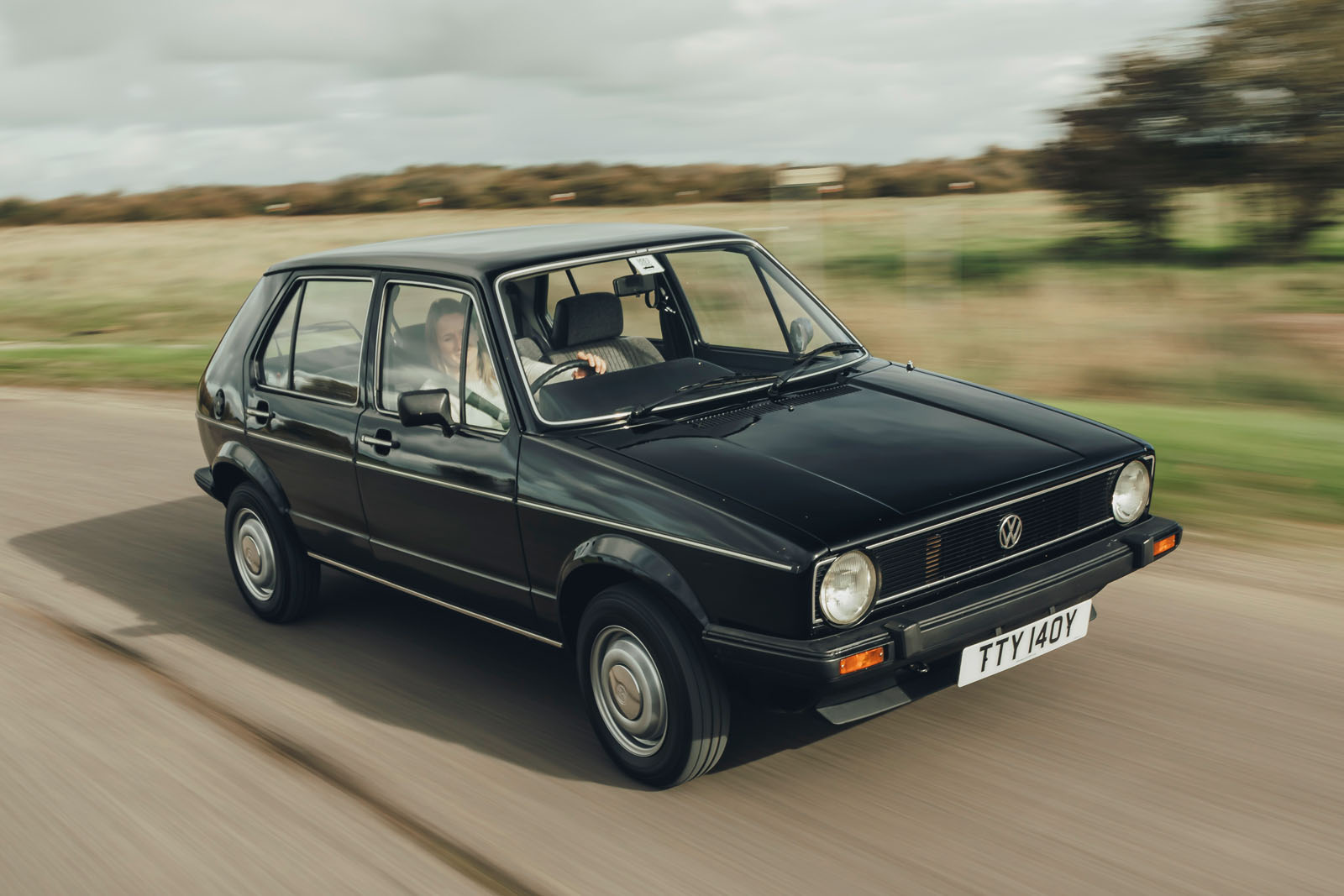People bought the Golf largely because it had a reputation for quality and engineering prowess, which it absolutely did by the standards of rivals such as the Ford Escort and Vauxhall Astra.
That reputation paid off. By the time this car was produced in 1983, nearly a decade after the first VW Golf rolled off the production line in April 1974, VW had sold six million Golfs around the world. It was already a legend.
To go back to the beginning, the Golf was conceived and designed as a successor to the VW Beetle. Porsche came up with the first prototype: the VW EA266 had the required hatchback boot and interior space, but the mid-mounted, water-cooled engine that sat beneath the rear seats was awkward to reach and work on.
A second concept, the EA276, was developed at Wolfsburg and showcased many of the Golf’s final engineering features, including a nose-mounted engine that powered the front wheels, a torsion beam at the back and a fuel tank under the rear seats.
But it used the Beetle’s air-cooled engine, which didn’t quite meet the necessary criteria of, well, working reliably.
It was Audi’s Rudolf Leiding who crafted the concept that really formed the foundation for the Golf, with the VW EA377. This boxy, practical, front-wheel-drive car was powered by a water-cooled four-cylinder engine (as were the Audi 80 and 100 that Leiding had already masterminded).
It was also already under the careful design control of Giorgetto Giugiaro, who oversaw the Mk1 Golf’s creation, albeit not without some inevitable push-and-pull between the finance and design departments.
“Originally, I had planned the rectangular headlights to be a mirror image of the tail-light clusters,” Giugiaro has said. “But that cost too much, so I had to take the round headlights.
Creating a beautiful vehicle is easy if you only make a few of them. But if you want to build thousands, you have to design the car in such a way that it’s easy to assemble. I must always be more than just a stylist.”

